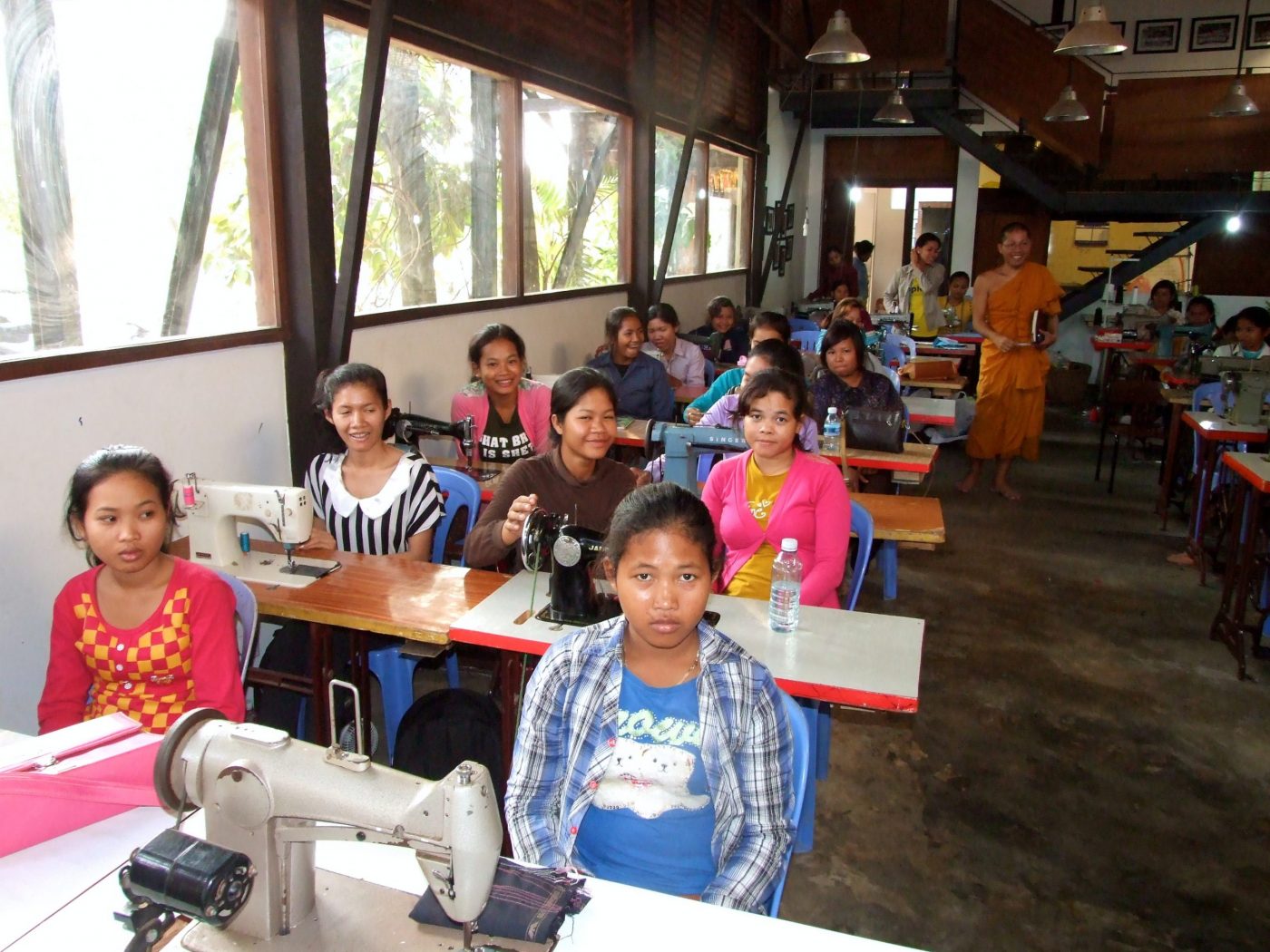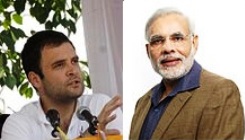By Jayantha Dhanapala* | IDN-InDepth Viewpoint
KANDY, Sri Lanka (IDN) – In marked contrast to the vibrant exercise of democracy in India last month, a military coup toppled a controversial but democratically elected government in Thailand – an Asian Buddhist country with which Sri Lanka has ancient bonds and shared traditions. Worse still an election was held from May 26-28 in Egypt – a founder member of the Non-aligned Movement (NAM) – resulting in recently retired Army Commander Abdul Fattah al-Sisi securing an incredible fairy-tale 96.9% of the vote in which only 47.45% of the voters cast their vote.
This column wrote in an analysis of the July 3, 2013 coup, which deposed the democratically elected Morsi of the Muslim Brotherhood: “Much now depends on the interim Government and their ability to pave the way for fresh elections when a genuinely representative Government will emerge. The Muslim Brotherhood must also change and settle for a compromise and for reconciliation in the larger interests of the stability and prosperity of Egypt and her people.”



